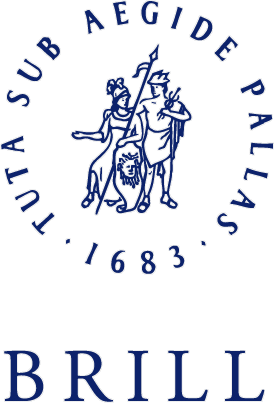Publisher's Synopsis
The collapse of the supposedly 'civilized' German nation into the 'barbarism' of Hitler's Third Reich has cast a long shadow over interpretations of German culture and society. In the remarkable work of Norbert Elias, himself a refugee from Nazi Germany, a deep concern with the distinctiveness of 'the Germans' is linked with an ambitious attempt to work out more general relations between broad historical processes - patterns of state formation, changing social structures - and the character of the individual self, as evidenced in changing thresholds of shame and embarrassment. In critical engagement with Elias's notion of the 'civilizing process', the essays collected here explore moments of excess and transgression, moments when the very boundaries of 'civilization' are both constructed and challenged. Inter-disciplinary contributions - on topics ranging from medieval laughter, cursing and swearing, through to music, the bourgeois self, and aspects of modern violence - highlight the complexity of inter-relations between the individual imagination and creativity, on the one hand, and the brute facts of political power and social structural inequalities, on the other; and develop new insights into the changing patterns of culture and society in Germany from the Middle Ages to the present.











